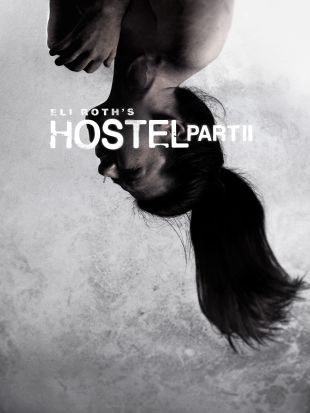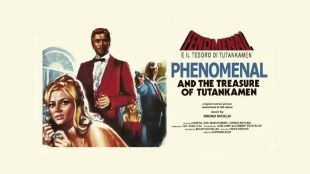Growing up in Rome's Parioli region, home to many of Italian cinema's most notable figures of the 1950s, Ruggero Deodato naturally found an interest in cinema, as his friendship with the son of director Roberto Rossellini led to an assistant director job on Il Generale della Rovere in 1959. Over the next eight years, Deodato's talents led him to assist on more than 40 films for such luminaries as Mauro Bolognini, Riccardo Freda, and Joseph Losey, and in 1968 he was rewarded with his first official film as director, Fenomenal e il Tesoro di Tutankamen (earlier, he had completed the direction of Antonio Margheriti's 1964 film Ursus il Terrore dei Kirghisi but his contributions were uncredited). Deodato dabbled in many different genres over his lengthy career, from romantic dramas (L'Ultimo Sapore dell'Aria) to violent police thrillers (Uomini si Nasce, Poliziotti si Muore) to disaster epics (Concorde Affair '79), but it is in the realm of ultraviolent horror that he is best known. Creator of one of the most infamous splatter films of all time, 1979's neo-realist Amazonian nightmare Cannibal Holocaust, the director has been alternately vilified and praised for that much-banned film's violence (much of it unstaged and involving real animals butchered for the camera) and a seemingly misanthropic world view which permeates many of his best-known films. From the bloody rape-revenge film La Casa Sperduta nel Parco -- actually a keenly-observed social satire -- to the savage horrors of Inferno in Diretta, many of Deodato's films are marked by a persistent theme of man's inhumanity to man, reducing the human condition to its most primal, almost feral level. Interestingly, in his most notorious works, it is "civilized" man -- whose avarice has compromised his soul in the pursuit of wealth, drugs, sex, or fame -- whom Deodato portrays as more savage than any cannibalistic tribesman or scrappy urban thug. Age seems to have mellowed the filmmaker's views, as few moments in his work after 1987 compare to the uncompromising depictions of human cruelty which came before.
Ruggero Deodato
Share on


